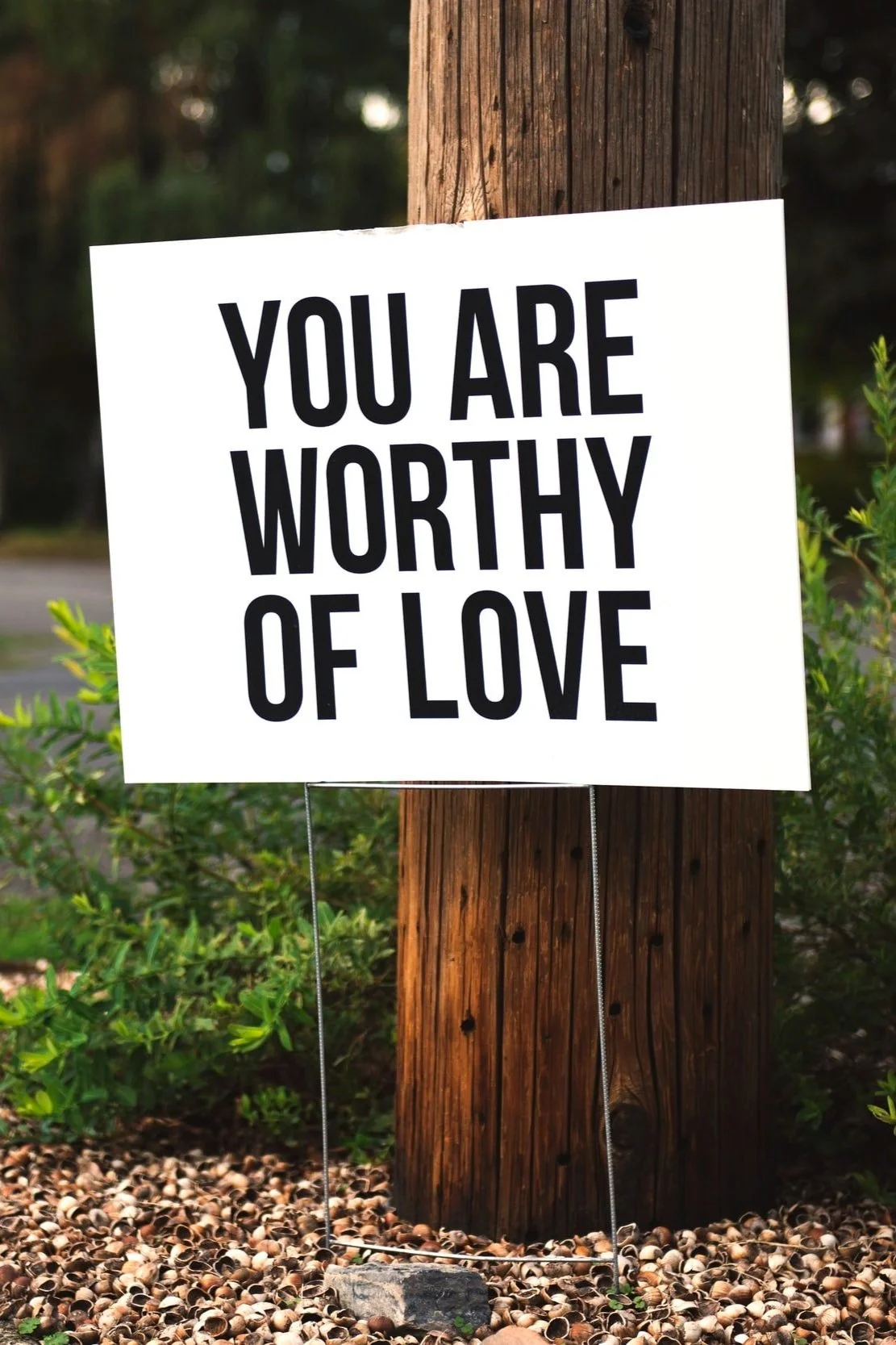The beginning of a lifelong romance
"To love oneself is the beginning of a lifelong romance."
~ from Oscar Wilde's "An Ideal Husband", which has been suggested to refer more to a narcissistic kind of love, rather than a healthy form of self-regard. But, I think it's a splendid notion.
Today's post (in keeping with the situation) is about self-love, and....
Wait! Don't go away...
I realize this is a tender and bristly subject, easy to dismiss out of hand as frivolous and self-indulgent.
Or, one that threatens to digress into too many psychological tributaries and word studies around the differences between self-love and narcissism - which tells me, as a society, we really don't understand it very well.
Leaving the above discussion points for the countless places this is already addressed - from counseling sessions to the internet - here I want to suggest the profound health benefits to cultivating a 'lifelong romance' with oneself.
Self-love as a practice, before an experience.
Now, I know just considering the concept of self-love for many can cause the walls to go up.
It's as though a black hole deep inside the soul absorbs any light of validation and esteem we may receive from the world regarding our talents, worth, intelligence, beauty.
But we know our own shadow selves too well, don't we?
I mean, how can others possibly love me, if I can't even accept my own lovability? ... and so those walls deflect away any internalization of 'love' directed toward ourselves, much less from ourselves.
I think it's safe to assume many of us know full well that all the external validations and internal 'affirmations' in the world need fertile soil within which to take root. And in the absence of that soil, we may need specific practices to cultivate that medium. (More on that below.)
Self-sacrifice is not one of those practices.
Somehow, we've acquired this perception that self-love is, well, selfish, and therefore, we laud those heroes and saints who've put others' lives before their own - with the implication that we should all emulate the extraordinary.
Even Jesus said, "Love your neighbor as yourself..", not, "Love your neighbor at your expense", and of all people, I think he would understand the concept of sacrifice.
But, self-love isn't about being selfish.
Or, maybe sometimes it is, because there are cases when we have to make the call on our own behalf when we just don't have what it takes to be there for another. I've had way too many conversations recently, including with myself, concerning this terror of being perceived as selfish if we don't show up, regardless of how able or not we may be.
And, I struggled with that for a long time. In an effort to disprove (to myself) the 'spoiled brat' label I earned as a kid (and reinforced throughout my first marriage), after the divorce, I pushed myself to exhaustion to be 'supermom' - dropping anything I was doing to drive, feed, launder, attend, whatever; digging myself into debt, sidelining my own business and personal time, and robbing others (mostly my children) of their own opportunities to grow.
I did not love myself any more as a result, and I dare say, I don't think I earned the respect of my sons for all my 'sacrifices'.
On another angle, it's become a kind of crazy-making when even the intentions behind feeling GOOD about serving another are suspected as coming from selfish intent.
I was recently witnessing to a friend who was driving herself into a deep hole of anguish as she wrestled with all sides of this. I finally asked her, "What would happen if you actually were to do something selfish?"
Other than the gears grinding in her fried brain, there was silence. But, it is a question I also ask myself.
Of course, we're all familiar with the 'oxygen mask' story as a metaphor for the vital importance of self-care:
You know, if while on an airplane in distress, the oxygen masks come down, you are advised to put yours on first so you can then help the child or person nearby in need with theirs.
Which is excellent advice.
But ... what if you're flying solo? Is it selfish to take care of your own need for oxygen, even if not for the immediate benefit of someone else?
Or, can we trust that caring for ourselves, loving ourselves, is always relevant and of value - and that every act of kindness to ourselves doesn't need to be justified as an exchange of future service (even though it WILL always benefit the world at large. :)
Self-care is not always rooted in self-love.
I've had too many shiatsu clients lie down on the table, offering up their bodies with a 'Just-do-whatcha-gotta-do-I-know-it's-good-for-me' directive, while they prepare to white-knuckle it through whatever I'm about to inflict.
Here's the thing. It's long been my suspicion (and now there's some research to confirm this) that while there's a place and need for some healthy challenge, you are far more likely to integrate the benefits of ANY kind of therapy if you're more fully engaged, receptive and participatory, and not fighting against it.
In other words, if you are checked out, disassociated, holding your breath, tensing your entire body against discomfort, or otherwise disembodied, your various protective systems are internalizing this process as a threat, depending on how engaged your fight-or-flight mechanisms are.
Which is likely to counteract any kind of lasting benefit.
This is true of our fitness regimens, our yoga practices, our meditation postures.
If we are forcing our bodies beyond their tolerances and boundaries, we may want to check in with our intentions, our hidden stories, and potential trauma-based undercurrents that drive the need to do this to ourselves.
This is also true when we ignore or postpone our needs for water, food, going to the bathroom, sleep, movement, companionship, etc. for reasons other than a genuine inability to meet those needs.
This does not negate the benefits of healthy challenge - there can be gain in some pain - but there are ways to expand the potential of our bodies and minds within a container of kindness and respect for our selves that is nourishing and healthy, rather than depleting.
Self love, relaxation and homeostasis
The deeper into my meditation training I go, the more I learn to appreciate the profound impact of relaxation on every level of our being.
Not just as a 'ceasing of activity', but as a default physiological state which supports our bodily ability to self-regulate, restore balance, heal, and regenerate.
When our bodies are under a heightened orthosympathetic ('fight/flight/freeze') response - we're burning energy. We're breaking down resources and cells, and thank God we have that ability, but as we all know - it's not sustainable.
A couple years ago, I heard about a newly-researched protein (called titin) within muscle fiber that doesn't just sense tension on the muscle, but seems to dictate a subjective boundary way before the actual end range, depending on how abruptly the tension is created within the environment which is creating it.
In other words (and forgive me if I'm mangling the 'science' - this is how I remembered it), if we're engaging in a stretch that is not only pushing the barrier of the muscle's length - but we're all tensed up while we're doing it - the titin gives the signal of resistance (i.e. strong sensation). But, if we can relax, ease in, check our breathing, the titin allows for the muscle fibers to release, and the stretch to increase.
I hope it's helpful and encouraging to know that this is but one of many intelligent and self-protective mechanisms our bodies employ, and that function brilliantly when we're attentive and working with its processes, rather than bending the body to an unforgiving will.
The question is how bring self-love into our self-care practices -
- that is, to invite in our inner authority and self-advocacy about how much of a stress load is too much. And how can we stay generally 'relaxed' in our whole being - that is, receptive and fully embodied throughout the process, honoring of our limits, yet open to challenge.
Relaxation - real relaxation - is a state that allows recharge. And integration. This includes relaxing emotional states as well, which gets a lot deeper into the self-love concept than I will go here.
"So, is this really about self-love, or just ... body-love?"
Embodiment 101. The body is where our sense of self plays out. So, this is where we begin. :)
A Few Self-Love Questions to Practice.
“How am I?”
I've shared this before, I'm sure.
But, it can make a huge difference in any moment when we're lost in whatever intensity. It's more than a peripheral noticing - it's a deliberate opportunity to stop and ask, really... how am I? Maybe place your hand on your heart, if it helps.
“Am I okay?”
And, "Am I okay, if I'm NOT okay? Because, it really can be okay to NOT be okay sometimes."
There are times we may be freaking out, but also okay. And other times, we may be perfectly calm, but deep inside, really NOT okay. It helps to ask. Another variation: "Am I safe?" Feel free to substitute.
“What do I need?”
If we're not feeling okay, again, it's helpful to ask what we need. Directly.
Before shooing the question away, or assuming we'll be bothering others, simply ask yourself. You might be surprised by the answers.
Insider tip: If the need is real, it will find its way to the surface in some manner or other. An act of love is to meet it where it is. I mean, wouldn't we all rather be asked, before we resort to theatrics? ;)
“Is this kind?”
If we're meditating according to a perceived notion of what good posture should 'look like', and injure our knee in the process, this is an example of not being kind.
We get these messages from many quarters: self-care and otherwise - and too often follow the directives while overriding our own boundaries. To learn to be our own most loyal advocates for our well-being is a high form of self-love.
“Am I resourced?”
I love this question. So simple, so obvious, and so under-asked.
It's a variation on 'what do I need', but it's in anticipation and preparation of entering into a challenge, a practice, an act of service. It's proactive, rather than reactive. It can take the form of a bottle of water, eating ahead of time, reviewing a skill set, alerting your 'amen corner', gauging whether you've had enough sleep, warm-up stretches, emotional clearing - and being honest when you feel underprepared for whatever you're planning to do.
These are but a few pick-up lines to help you launch the lifelong romance with your Self.
But seriously, I invite you try these and see what happens.
Challenge your notions of selfishness, self-sacrifice and self-love. Be curious.
And dare to fall in love with your own precious being!








